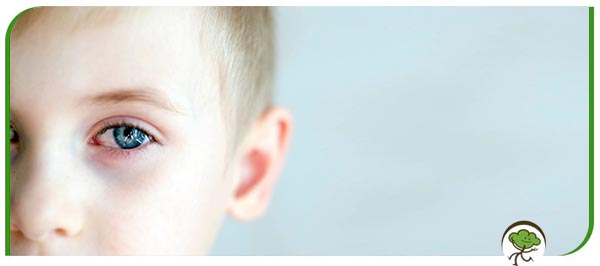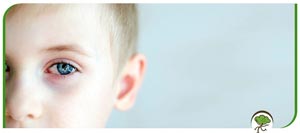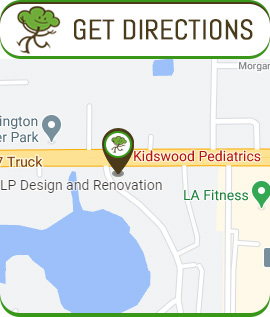Pinkeye (Conjunctivitis) in Children Treatment Specialist in Winter Park, FL
Pinkeye is an infection of the conjunctiva, the white of the eye, and the inner eyelids. The symptoms include red eyes, bulging eyelids, and fluid oozing from the eyelids. It’s a mild infection, and though it may appear concerning, it’s usually not. Still, if your child displays signs of pink eye, consult a doctor at Kidswood Pediatrics to get Pink Eye Treatment for your child. We treat patients from newborns to 21 years old. Our board-certified pediatrician, Dr. Zully Ambroise M.D., can help with the proper treatment. For more information, contact us or schedule an appointment online. We are located at 1680 Lee Rd, Winter Park, FL 32789.



Additional Services You May Need
▸ Covid Test
▸ Vaccinations
▸ Well and Sick Visits
▸ Newborn Care
▸ Preterm
▸ Sports Physicals
▸ ADHD Screening
▸ Well Child Care
▸ Flu Vaccination

Additional Services You May Need
▸ Covid Test
▸ Vaccinations
▸ Well and Sick Visits
▸ Newborn Care
▸ Preterm
▸ Sports Physicals
▸ ADHD Screening
▸ Well Child Care
▸ Flu Vaccination


